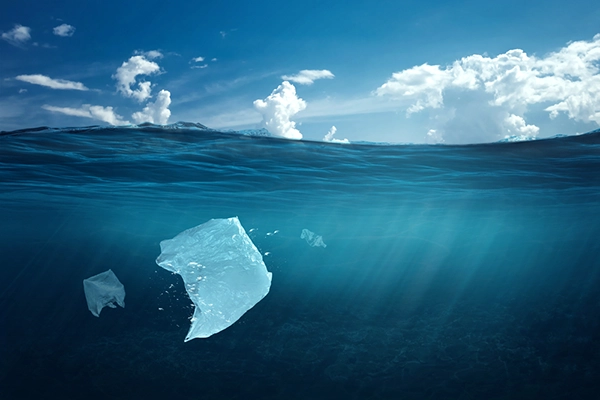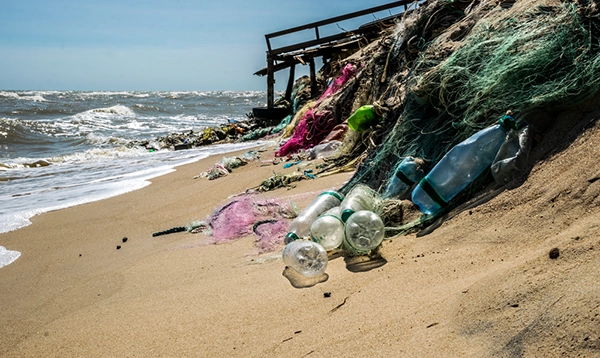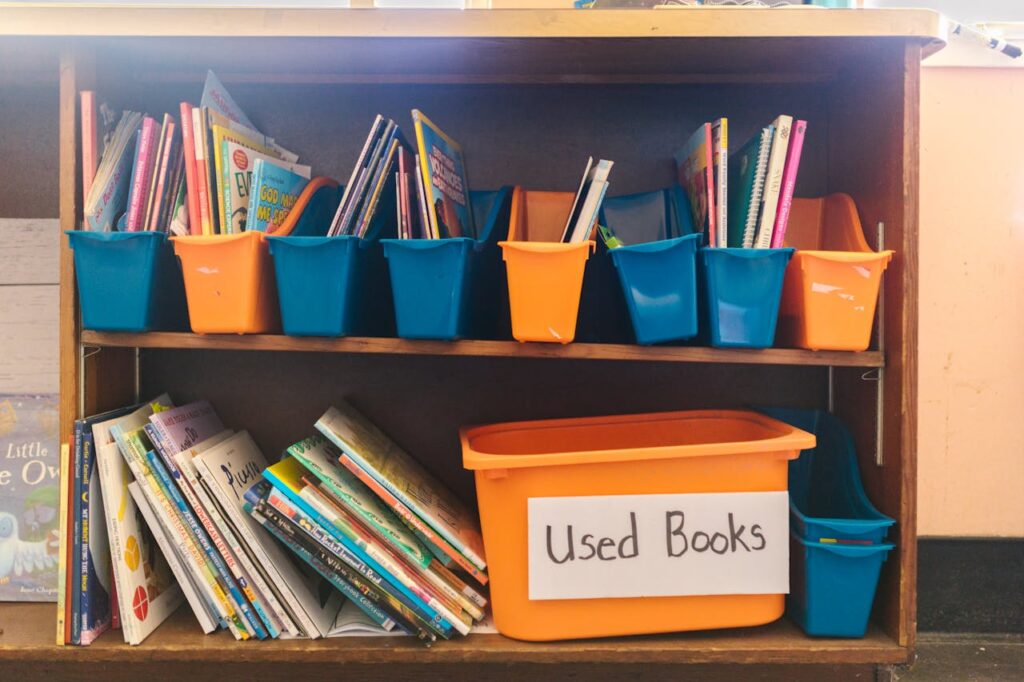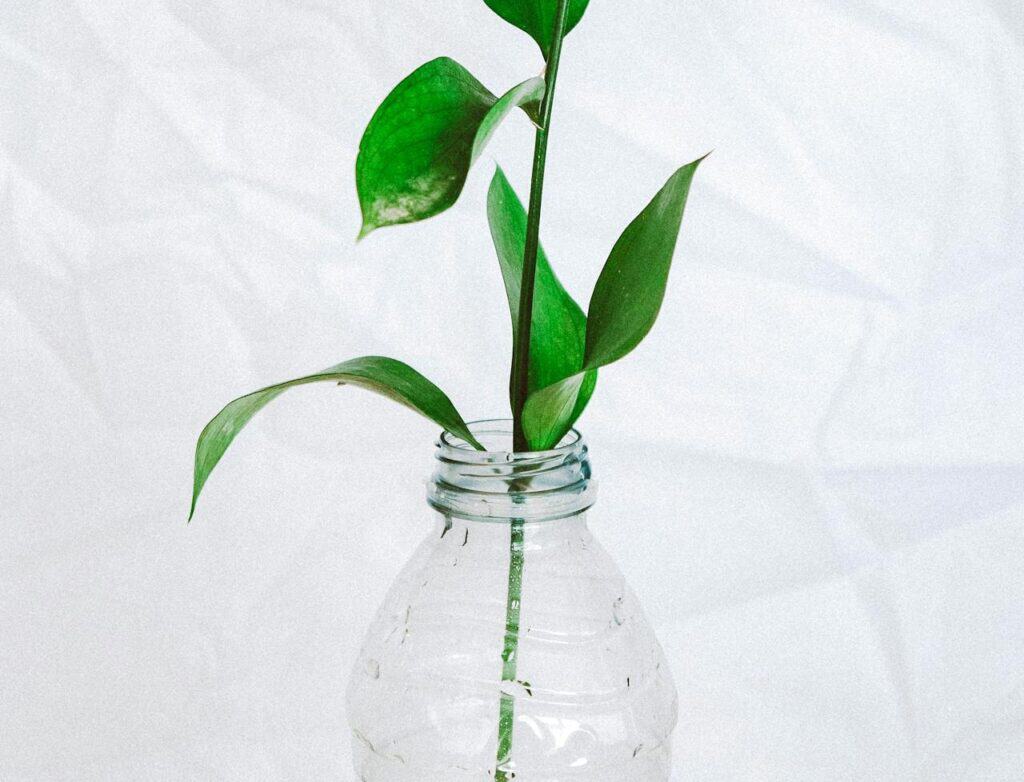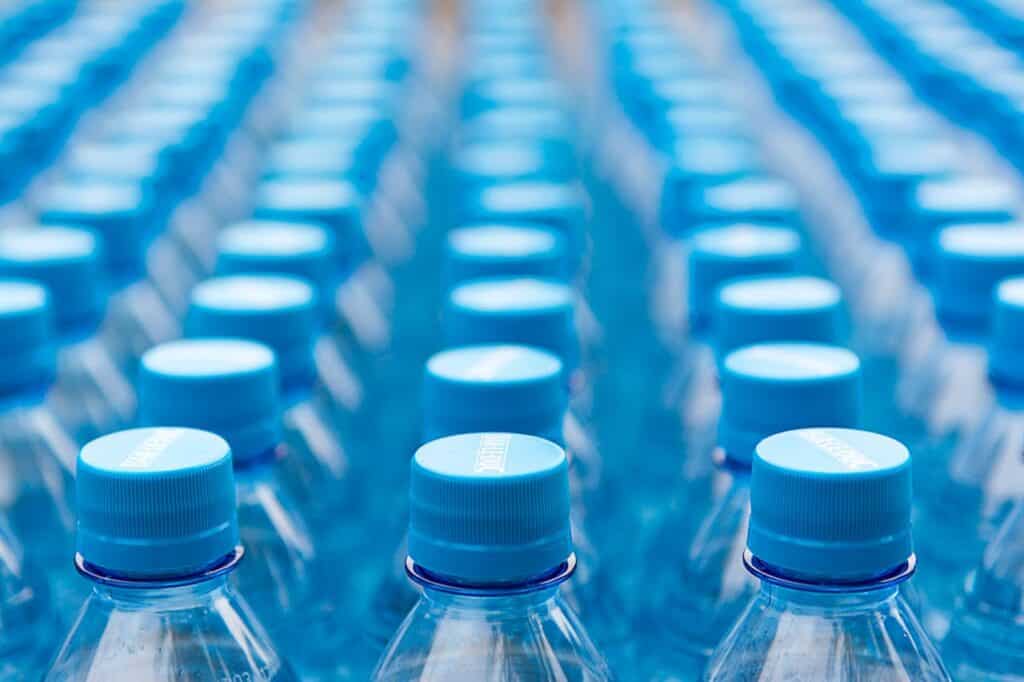How Does Plastic Get In The Ocean – 5 Causes
-
Poor Waste Management
When waste disposal systems are inadequate, plastic waste can end up in the ocean through runoff from landfill sites, sewage outflows, and littering. Land-based sources of marine debris account for around 80% of plastic waste in the ocean. One of the main sources of plastic pollution in the ocean is poor waste management.
-
Illegal Dumping
Another significant source of plastic pollution is illegal dumping. People often illegally dump plastic waste into the ocean, either intentionally or accidentally. This waste can come from various sources, including fishing boats, ships, and industries.
-
Industrial Activities
Industrial activities also contribute to the problem of plastic pollution in the ocean. Industries release plastic waste into the ocean through discharge or accidental spills. For example, fishing nets and other fishing gear are frequently lost or discarded in the ocean and can cause harm to marine life and their habitats.
-
Stormwater Runoff
This occurs when rainwater carries plastic litter from streets, parking lots, and other urban areas into waterways and eventually into the ocean. This runoff can also carry other pollutants, such as chemicals and oil, which can have a significant impact on the ocean and its inhabitants.
-
Floods
Floods can also cause plastic waste to enter the ocean. When floods occur, plastic waste that has accumulated on land can be washed into rivers and other waterways, eventually reaching the ocean. This can result in a sudden and significant increase in the amount of plastic in the ocean, causing harm to marine life and the environment.
Plastic Litter On The Beach
Why Is So Much Plastic Polluting The Ocean?
Plastic is an integral part of our daily lives and its versatility has made it a popular material for packaging, personal care products, water bottles, and many more. However, plastic waste has become a significant issue, particularly when it enters the ocean and becomes part of the marine debris. Every year, millions of tonnes of plastic waste find its way into the ocean, causing harm to the natural environment and wildlife.
Common Plastic Waste In The Ocean
Single-Use Plastic Water Bottles
One of the most commonly found items in the ocean is single-use plastic water bottles. The increasing demand for bottled water has led to a significant increase in the production of plastic bottles. These bottles, once discarded, can end up in the ocean and take hundreds of years to break down into smaller pieces of plastic.
Care Products
Personal care products, such as shampoo and toothpaste, also contain microplastics. These tiny pieces of plastic are too small to be filtered by wastewater treatment plants, and they eventually make their way into the ocean, where they are ingested by marine life.
The Direct Impact Of Plastic Pollution
Plastic pollution has a devastating impact on the ocean and its inhabitants. Marine debris, including plastic, can entangle and kill sea turtles, whales, and other marine life. Plastic can also be mistaken for food by marine animals, leading to blockages in their digestive systems and death.
The Long Term Impact
It is not just the direct harm caused by plastic that is concerning, but also the long-term impact on the planet. Plastic breaks down into smaller pieces over hundreds of years, creating what is known as microplastics. These microplastics are becoming increasingly prevalent in the ocean and are being ingested by marine life, entering the food chain and potentially affecting human health.
Diverting Plastic Waste From The Ocean
To reduce plastic pollution in the ocean, there needs to be a concerted effort by individuals, businesses, and governments. Personal actions, such as reducing single-use plastic and properly disposing of waste, can make a significant impact. Businesses can also play a role by reducing their use of plastic packaging and investing in more sustainable alternatives.
Governments have a crucial role to play in reducing plastic pollution in the ocean. They can enforce better waste management systems, penalise companies that illegally dump plastic waste, and invest in research and development of sustainable alternatives to plastic.

